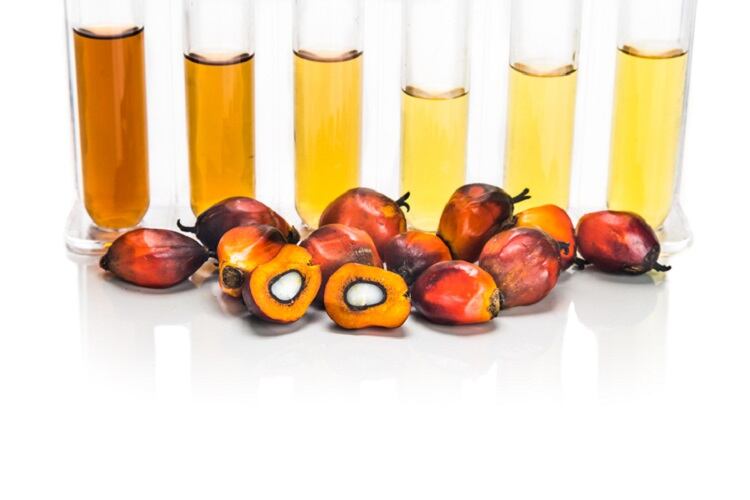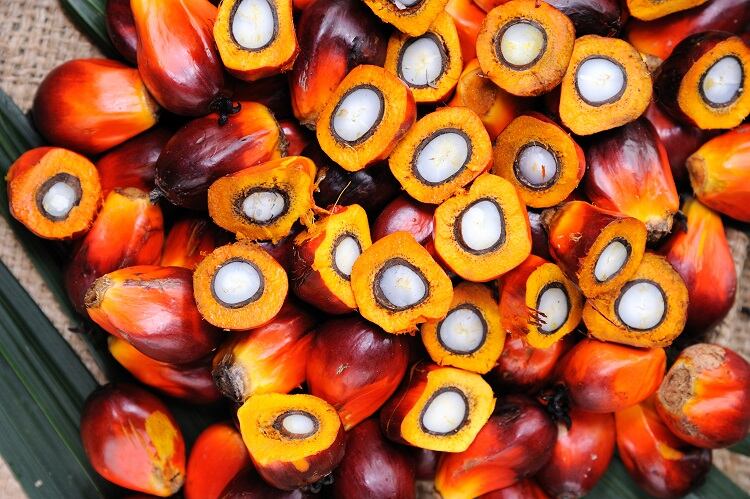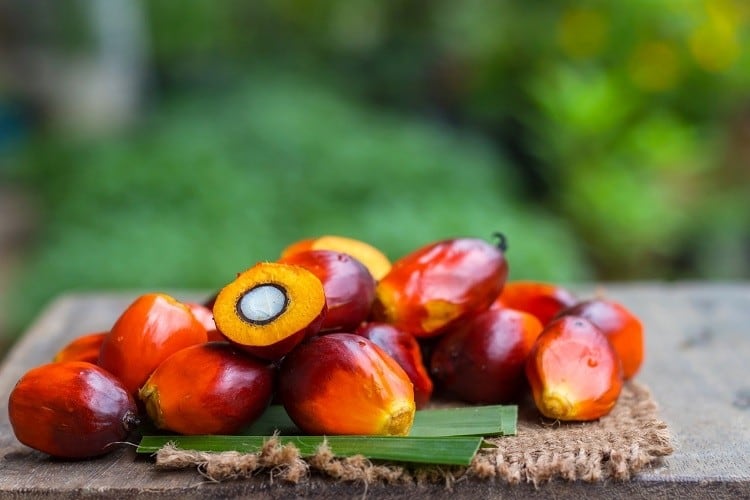According to 2018 figures, a total of 72m tonnes of palm oil is produced annually – the majority (57%) of which comes from Indonesia, followed by Malaysia (27%).
And it is Indonesia, the world’s leading palm oil supplier, that has been the global spotlight this week, with news of a shortage in domestic palm oil supply.
In response, late last week its government announced plans to ban exports, risking supply and cost repercussions for industries around the world. Should the food and beverage industry be worried?
Crude palm oil excluded from ban…temporarily
When the Indonesian government first announced the ban, its specifics were unclear.
What was known was that globally, the vegetable oil market was, and is still, suffering from a lack of supply. This, Kyle Holland, analyst at Mintec, puts down to a symptom of the conflict in Ukraine, a poor Canadian rapeseed harvest, and high destination demand by key global players such as India.
Under these conditions, most of the market expects the prices for vegetable oils, including palm, to rise as buyers are generally ‘short’ and a ‘scramble for supply’ could ensue as they look to cover volume, he told FoodNavigator.
An export ban from the global leader in palm oil production, therefore, may well have had food and beverage makers understandably concerned.

This concern was short-lived. On Monday of this week, Indonesia’s agricultural ministry said that crude palm oil shipments would be excluded from the ban. As reported by Reuters, the embargo – expected to come into force 28 April – applies to refined, bleached and deoderized (RBD) palm olein, which is used for cooking.
Ban extended to cover crude and refined palm oil
However yesterday (27 April), in a press conference Indonesia announced the ban would be extended to cover crude palm oil, refined palm oil and used cooking oil, among other palm oil products.
Refined palm oil is a common ingredient in packaged food products, from chocolate to cookies, ice cream, margarine, packaged bread, pizza dough, and instant noodles.
Mintec’s Holland expects the market will likely take a few days to ‘fully digest’ this news and work out where this leaves global supply and demand balances.
“That being said, Indonesia accounts for over half global palm oil exports and the announcement comes as Ukrainian production and exports of sunflower oil have dropped substantially, whilst destination demand for vegetable oils is high as key buyers are short on cover and global stocks are limited.
“Therefore, everyone expects this to be exceedingly bullish for prices across the vegetable oil complex as buyers look towards substitutes for palm and sunflower oil.
“No one knows how high prices may go but the next few days should help clarify where new levels will be.”

Food makers in Europe are keeping a keen eye on the situation.
“We monitor this situation closely, but have no comment to make at this time,” a Nestlé spokesperson told this publication on Monday. Nestlé uses responsibly sourced palm oil in a range of products, including its famed Kit Kat bar.
Unilever, too, is tracking the developments. The company uses responsibly sourced palm oil in its plant-based brand, The Vegetarian Butcher, amongst others. In a statement on Monday, the FMCG noted it was aware of the export ban from 28 April and is ‘monitoring the situation closely’.
“We are already well placed to look at alternative materials due to our supply chain resilience programmes, and currently have sufficient supplies to cover our needs. We do not foresee any immediate product shortages.”
There was no new update from Unilever as of today (28 April).
‘Satisfying market demand must be done sustainably’
Another stakeholder keeping its finger on the pulse is the Roundtable on Sustainable Palm Oil (RSPO).
As according to the latest information, the Indonesian palm oil export ban will cover crude palm oil and refined palm oil, RSPO warned a downward supply of certified palm oil produced in Indonesia will not be available to the market – and needs to be compensated.
“The production of certified sustainable palm oil (CSPO) will continue to be governed by RSPO standards, and certified CSPO mills in Indonesia also have the option of selling CSPO through the RSPO Credits supply chain model,” explained Dr Inke van der Sluijs, Global Director of Market Transformation.
RSPO will continue to work with its members in other producing countries to support the production and procurement of certified sustainable palm oil. Other major producers of CSPO are Malaysia (25%), Papua New Guinea (4%), Colombia (2%) and Guatemala (2%).
“RSPO is continuing to monitor the situation closely for certified sustainable palm supply chain systemic risks and advise its members accordingly,” Dr van der Sluijs continued.
“CSPO is an essential commodity for global food security, and we are committed to doing everything we can to support our members to ensure its availability. It is crucial that as suppliers look to satisfy market demand for vegetable oils, this is done sustainably.”



